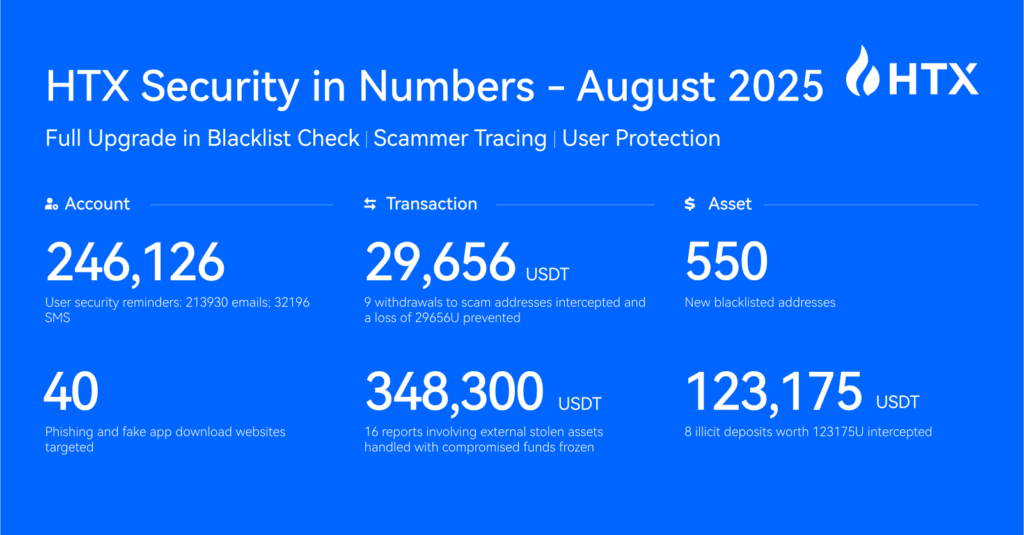Valeria “Bitmama” Fedyakina, a prominent Russian influencer, is currently facing serious legal trouble, with the possibility of a decade behind bars. She stands accused of swindling $22 million from four businessmen through a fraudulent crypto payment scheme. Initially, there were concerns about treason, but the focus has shifted entirely to economic crimes.
Fedyakina allegedly misled these businessmen by offering them crypto services to facilitate cross-border payments, claiming to be an international investor who could help them move their funds abroad.
This service has gained traction among Russians seeking alternatives due to sanctions imposed after the Ukraine conflict. She promised these services at no cost and even suggested they could earn extra profits through a complicated energy scheme. However, instead of fulfilling her promises, she is accused of pocketing their money.
The case is largely built on the testimonies of the businessmen who claim they were defrauded. While there were earlier rumors that she might have tried to use the stolen funds to support Ukraine’s military, current reports from Russian media and court documents indicate that the charges are strictly related to fraud, with treason allegations being dropped.
Fedyakina faces four counts of fraud, with each businessman recognized as a victim. Interestingly, she was pregnant at the time of her arrest in September 2023 and has since given birth.
This personal circumstance has led to speculation that she might receive a lighter sentence, as courts sometimes show leniency in such cases, especially when there’s no direct involvement in actions against the state.
Her situation underscores the increasing dangers in the cryptocurrency world, where scams are becoming more sophisticated. Fedyakina’s case serves as a cautionary tale about how scammers can exploit legitimate needs, particularly in times of crisis. To protect themselves, individuals engaging with cryptocurrencies should consider implementing security measures to safeguard against potential fraud.



